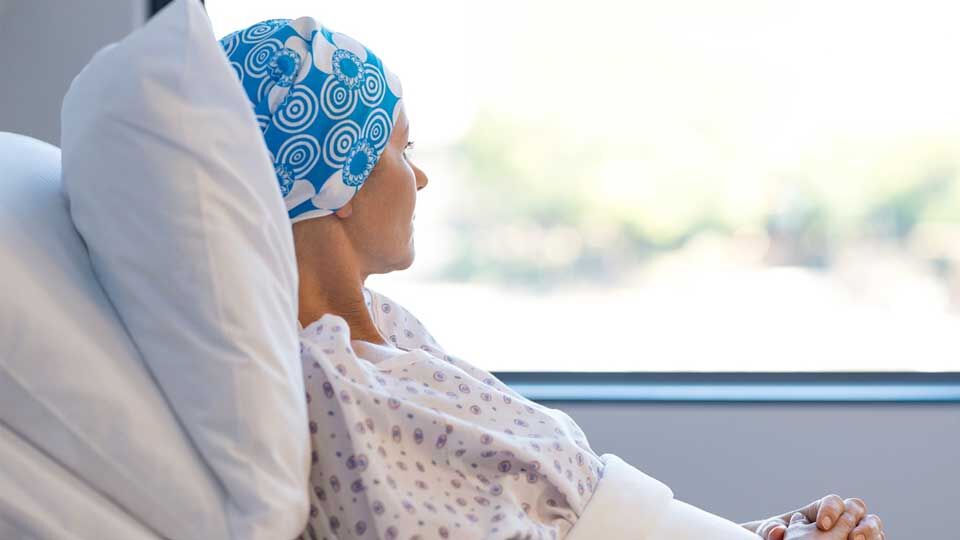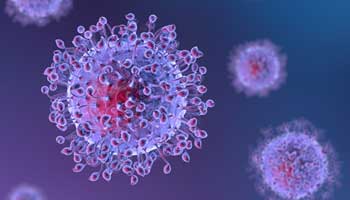Cancer Happens to 1 in 3 Singaporeans

On average, one in three people in Singapore will be diagnosed with cancer some time in their lives, and about one in four deaths in Singapore are caused by cancer. Some of us may have had the experience of someone close to us – whether a loved one or an acquaintance who was diagnosed with cancer.
Cancer cells arise from normal cells in the body. Constant exposure to substances, such as environmental pollution, smoking and radiation, can cause damage to the DNA in normal cells and cause them to transform into cancer cells.
The cells in our body have an intrinsic mechanism to repair DNA damage and suppress possible cancer cells from arising. However, there may be occasions when this defence mechanism fails. This is when cancer can develop.
Can Cancer be Prevented?
The starting point of cancer is when DNA mutations arise in our cells. Multiple factors can cause cancer, and many of these have been discovered over the years, but more are still unknown. Some of these factors cannot be modified, such as certain inherited genetic traits and advancing age. However, there are other risk factors for cancer that we can modify to reduce our risk of developing cancer. These include lifestyle changes such as reducing alcohol intake, not smoking, maintaining a healthy weight, regular physical activity and avoiding excessive sunlight.
Certain infections can also lead to cancer. For example, human papilloma virus (HPV) infection can increase the risk of developing certain cancers such as cervical cancer, head and neck cancers and anal cancer. Hepatitis B and C infection can also increase the risk of liver cancer. Being vaccinated against these viruses thus helps to prevent the development of these cancers.
Cancer screening is also an important tool to detect early cancers as well as growths that have not become cancerous yet. For example, breast screening allows the detection of ductal carcinomas in-situ (DCIS) which can be removed before they become invasive cancer. Similarly, colonoscopy screening allows the detection and removal of bowel polyps before they become cancerous.

Have We Made Any Progress in Our Fight against Cancer?
Major advances in medical technology means that cancer patients today are living longer, and have a better chance of being cured.
We are now able to analyse the molecular characteristics of a patient’s cancer to help us choose the most appropriate anti-cancer treatment for them. This also allows the use of targeted drugs which work on specific mutations in the cancer cell. These drugs are able to kill tumour cells or block tumour growth while having minimal effect on healthy cells in the body; minimising “collateral damage”. This leads to better efficacy and fewer side effects compared to conventional chemotherapy in some patients.
The development of cancer immunotherapy in recent years has also led to significant improvements in survival for cancer patients. This is a type of treatment that helps one’s immune system fight cancer. Ongoing research is being done to find those patients who would be the most likely to benefit from this treatment.
Advances in other cancer treatment modalities have also improved the outcomes of patients with cancer. For example, modern radiotherapy techniques have improved the effectiveness of radiation therapy while at the same time, reducing side effects significantly. Robotic surgery is now also an option to allow for more precise surgery, shorter recovery time and improved clinical outcomes.
These improvements give us cause for optimism in our relentless pursuit of better and more effective cancer treatments.


